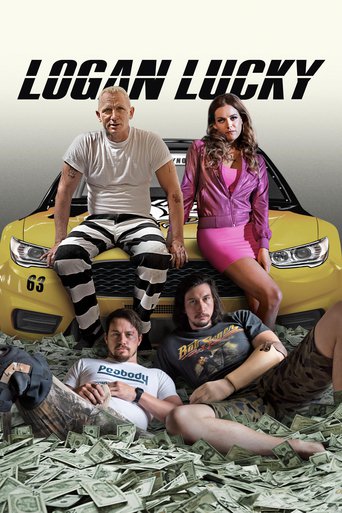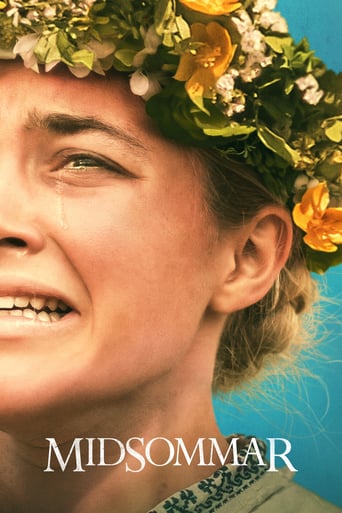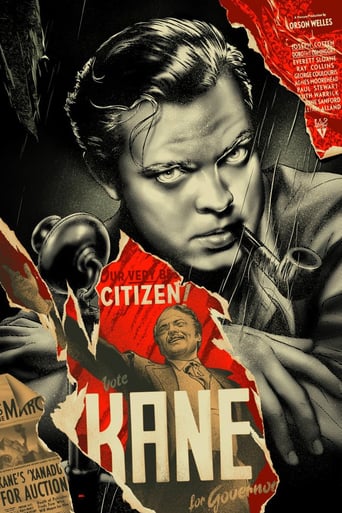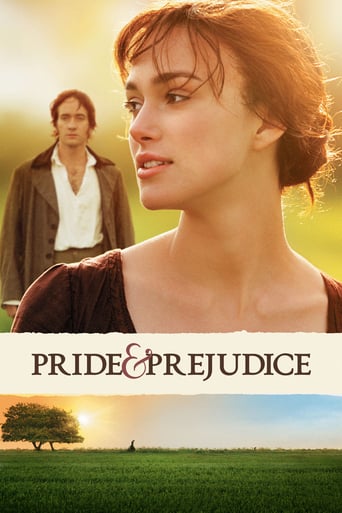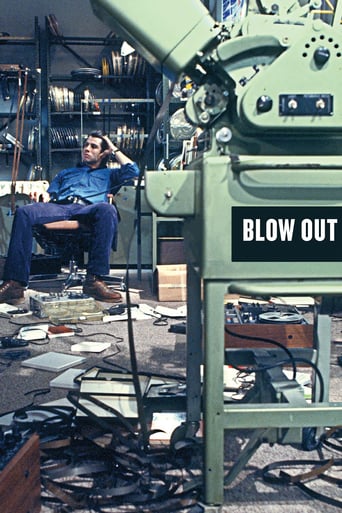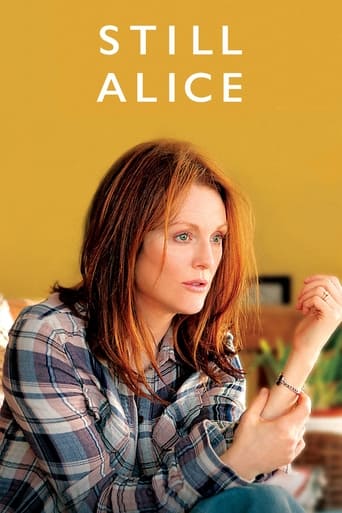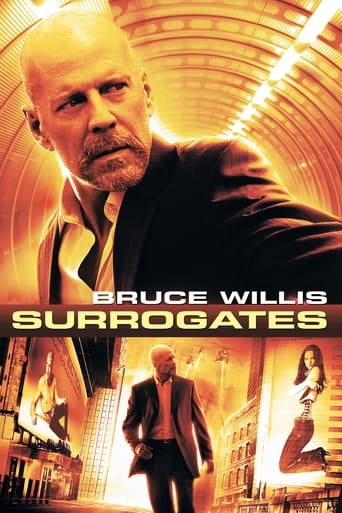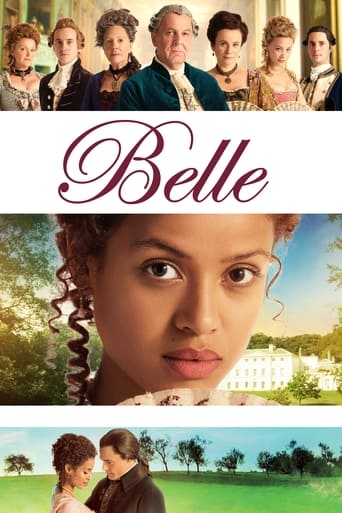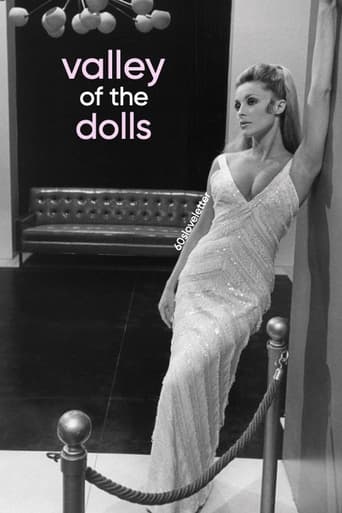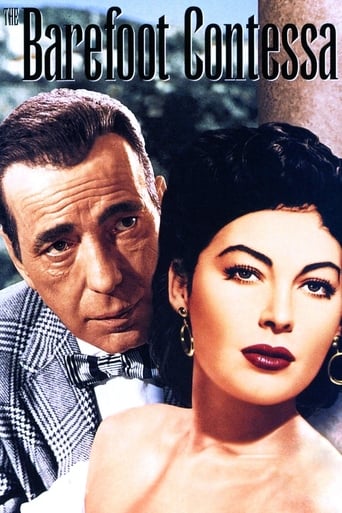


The Barefoot Contessa
Has-been director Harry Dawes gets a new lease on his career when the independently wealthy tycoon Kirk Edwards hires him to write and direct a film. They go to Madrid to find Maria Vargas, a dancer who will star in the film.
-
- Cast:
- Humphrey Bogart , Ava Gardner , Edmond O'Brien , Marius Goring , Valentina Cortese , Rossano Brazzi , Elizabeth Sellars


Similar titles
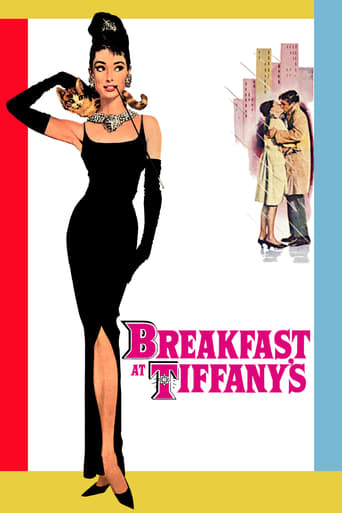
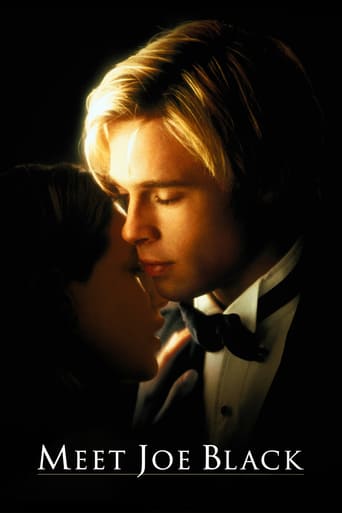
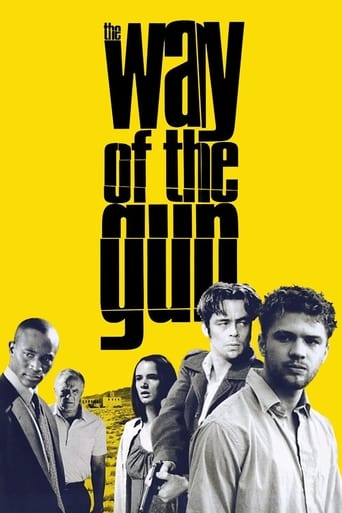
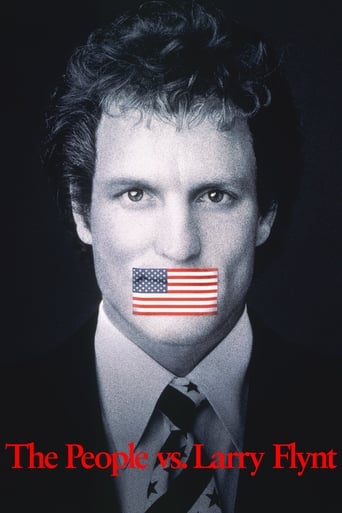

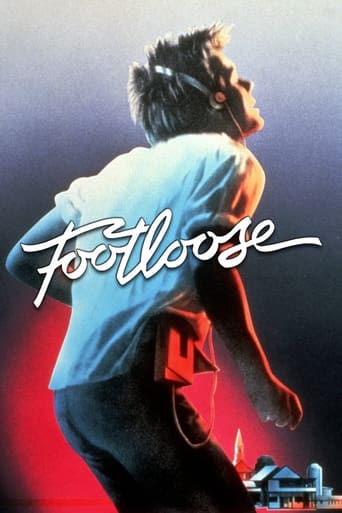

Reviews
I like the storyline of this show,it attract me so much
Very well executed
Excellent, Without a doubt!!
The film never slows down or bores, plunging from one harrowing sequence to the next.
I had often wondered why it took so long to finally catch up with 'Contessa' now I think perhaps I understand. This must have either played to half filled movie houses or emptied them rather quickly. The undeniably multi-talented Joeseph L. Mankiewicz must have been hoping to cash in on his earlier success with the similarly themed 'All About Eve' here, he transfers the setting from Broadway to Hollywood - but with very different results. Where Eve bristled, Contessa fizzles out like Champaign left uncorked overnight. Gardener only had to look delicious (for those who like their women overly thin) and it often seemed as if she was taking her lines from a prompter. Bogart (foolishly chain smoking) is well cast but looks very unwell and perhaps not comfortable with some of his lines. He fares best of all the cast - even though, surprisingly, Edmond O'Brian took the acting Oscar for his overcooked portrayal as the soulless producers press assistant (what were the Academy thinking?) Jack Cardiff's location footage glistens but is rarely allowed to shine -saddled with a turgid script that flounders ponderously under its somewhat melodramatic themes. How this painfully obvious treatment garnered so many Rotten Tomato raves is quite beyond belief. Many of the press reviews of the day were more on-the-money, along with numerous IMDb users comments. Not the best representation of its day and coming in at 2hr 10mins way too long to maintain complete interest. Maybe OK for lovers of the stars or movies about Hollywood, although I think "The Big Knife" may have summed much of it up with less gloss & more succinctly.
An oddity for a decade prone to fairy tale type movies. After all, the build-up is that of a fairy tale coming true for peasant girl Maria (Gardner). In stages she's lifted from poverty-- first, by a film director who gets her a screen test; then, from a successful test she becomes a successful star; after which, she blossoms into a popular super star. From those heights, however, she unwisely marries a rich man (Goring), who soon proves intolerably abusive. In a ballroom showdown, she's happily rescued by a handsome Prince Charming (Brazzi) who spirits her to his European castle to be married. But there, just as her Cinderella tale seems to be coming true, she finds out her Prince's secret, a word that unfortunately could not be used in 1954. So we're left to infer the problem and the movie's crux.Small wonder the story's told in a series of flashbacks from Maria's graveyard funeral. Thus, interest is aroused from the start as to why a girl so young and wealthy could possibly be dead. On my view, the movie's really a modern fairy tale turned into a tragedy. For example, consider a recurring theme; namely, Maria's constant attachment to bare feet over shoes. That I take as an underlying desire for a naturalness stripped of the kind of social pretensions shoe styles can convey. Thus, her struggle, on this view, is really between the stark reality of feet and the societal contrivance of shoes. Extrapolated a bit, it can also convey the importance of foundations to a person's well-being. Perhaps that's why she seems reluctant to accept her fairy tale climb-- it goes against a deeper instinct. Be that as it may, in view of the ending, it's too bad she doesn't stick with instinct rather than temptation.All in all, the indie production was a biggie of that year, featuring two marquee stars, a lavish production, and Hollywood honcho Mankiewicz in charge. Unsurprisingly, it all led to some Oscar go-rounds. Never mind that Hollywood doesn't come off looking very good in the persons of tyrannical producer (Stevens) and sycophantic public relations man (O'Brien). There's still enough gloss, travelogues, and close-ups of the beauteous Gardner to keep us diverted. Happily, Bogie gets his trademark role as a cynical observer, while Gardner gets to show she's more than a pretty face, along with O'Brien who bathes in fast-talking. Not much really happens besides character development. So, credit director Mankiewicz for keeping things moving. Though dated, the movie's worth catching up with; that is, if you can stand the taboo word "impotence", which the 1954 movie obviously couldn't.
Maybe someone would have had to have seen it as a child in the context of the times, as well as live through something like this when it was still possible. (She even looked like AG.) The film is in some ways both a throwback to the propitious values of the Belle Epoch before the Great War and a quite startling prediction of events in the very near future. One who wasn't there probably cannot appreciate how different the world was then from what it is now. For even though one could not afford to live as these people did, most people (in America, at least) had pretensions. Pretensions that had been delivered to them by the popular novels, the popular music, and indeed the popular cinema of the time. But let's take a moment to get grounded in why it was that this film was made, and why it was then -- and has continued to be -- so popular. Ava Gardner was everything Marilyn Monroe was not. She had been the single most famous "starlette" and as yet not quite "known" female icon of the World War II era. Married first to Mickey Rooney when he was a star of the brightest possible magnitude. Then to band leader Artie Shaw when he was as big as Bruce Springstein or Justin Beiber. And then to no less than Frank Sinatra. (The same Frank Sinatra who made it clear for the next 40 years that the woman he left the mother of his children for had been his one and only goddess.) (I knew Barbara. And =she= knew that.) Cast in "The Killers" in 1945, "One Touch of Venus" in 1947, and the somewhat similarly tragic "Pandora and the Flying Dutchman" in 1950, she was... everything Marilyn Monroe was not. No one of her time had the spellbinding charisma she projected in front of a camera or... in front of a man's eyes. It's arguable that she was The Most Desirable Woman in the World. And that's where plot twists. Because if there was any competition for the title, it was Grace Kelly. In 1955, at the height of her stardom, she walked out on Hollywood - - just like this -- and married the Prince of Monaco. At the age of 53, Grace Kelly had a stroke on a mountain road and crashed to her death. Decades later, it was reported that she had been lonely, troubled, alcoholic and miserable for many years.Despite -- or perhaps because -- of the horrors of the years from 1914 to 1953, the age of =romanticism= that began during the Belle Epoch lasted well into mid-century. People seemed to need a different reality from the Somme, Hiroshima and Belsen. The word is almost meaningless now. The age ended when the harsh existentialism of those years became the cultural norm for those who had not seen the fields of Flanders or the beaches of Salerno... because of what they did see on November 22, 1963. One is accustomed now to the course realities of the Age of Instant Awareness brought to us on the toob. Romanticism was a polite form of escape. Now we use stronger stuff. And with porn, and drugs, and cocktails of energy drinks and beer, we have managed to destroy our capacity to have the sort of sentiments embodied in this and Gardner's other great films. Realists we think we are as we sniff at such "drivel" as the fairytale romances of Venus, Pandora and Maria Vargas. Perhaps we should stop and think about that.
Edmond O'Brien certainly deserved his Hollywood award for Best Supporting Actor. A difficult role, he has to appear convincingly insincere in most of his scenes, faking his emotions and making himself hypocritically adept at false but flattering compliments. Only in the funeral scene and his off-screen narration, do we discover the real man. Aside from this tour-de-force, however, the movie is a bit disappointing. Mankiewicz told me: "It was almost a good film. But I was angry at too many things and went off in too many directions. Basically, the film was a Cinderella story, but somewhere along the path, I lost my sense of humor." Mankiewicz wrote, directed and produced for Figaro, his own production company. Believe me, it's super-difficult to concentrate on both writing and directing. Producing is a chore I would certainly leave to someone else. Writing and directing have their own headaches, but most of them are artistic problems which good thinking – plus advice from one's peers – can generally overcome. On the other hand, producers handle a vast array of problems – money problems, contract disputes, making sure cast and crew are in the right places at the right times, lining up permission to shoot in both public parks and thoroughfares plus privately owned areas, liaising with the police and other civic officials, providing a shoulder to cry on and mediating disputes between actors and actors, actors and crew, crew and crew and all and sundry with public officials. I could go on and on. Let me just say that although I would gladly sign on to write and/or direct a movie, no way would I agree to produce or have anything to with producing, no matter what inducements of both money and support staff were provided. Anyway, with theses crosses to carry, I think Mankiewicz did wonders with The Barefoot Contessa. My hat's off to him. Actually, for his initial writer-producer-director production, he'd planned to film Twelfth Night, but that project fell through.

